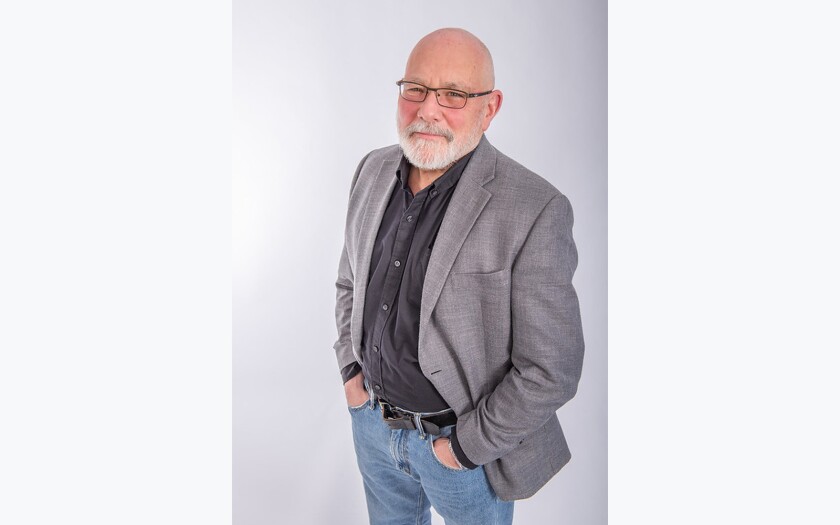President Joe Biden’s plan to increase broadband access to rural areas will be a major economic and jobs boon for Americans with disabilities, especially those living in St. Louis County and in the city of Duluth.
People with disabilities in areas where internet access is non-existent or limited are part of the "digital divide," which prevents them from getting remote job opportunities and which, as often is the case for Americans with disabilities, keeps them at a poor standard of living. In 2015, there were 110,000 people in Duluth living with disabilities and under the poverty guidelines. We know those numbers will be increasing when the latest figures are presented.
A Minnesota government report said there are 27,480 individuals with disabilities living in St. Louis County, the fifth-largest county in the state. Hennepin County, the largest, has 110,150 residents with disabilities, according to the 2017 Minnesota State Demographic Center report. Duluth alone has 11,400 residents with disabilities.
In Minnesota, there are 125,000 people without a wired internet provider with services at their residence, according to a 2021 Broadband Now report. Increasing internet access would give Minnesotans with disabilities the same opportunities as able-bodied individuals. The need to work remotely has increased during COVID-19 and is expected to continue when the pandemic is over.
As a nonprofit organization which helps Americans with disabilities find at-home employment, NTI@Home (or the National Telecommuting Institute) has been working in Minnesota and in other states for more than 25 years to give people opportunities to get back into the workforce.
ADVERTISEMENT
We have really seen the benefits in rural areas where there are limited job opportunities for Americans with disabilities, especially compared to their able-bodied counterparts.
Not only would it be positive for Minnesota residents with disabilities, but companies that operate remote call centers also would benefit from increasing internet access, as the pool of talented workers would expand.
When you consider a Federal Communication Commission 2019 report that estimated that 21 million Americans do not have access to broadband internet, any increase would expand the remote pool of employees, which would also be positive for business.
Right now, too many Americans with disabilities living in Minnesota are caught in the digital divide. But the good news for them is that the gap can be shrunk by improving internet access. Americans with disabilities clearly deserve a more level playing field.
Alan Hubbard is chief operating officer for the National Telecommuting Institute (NTI@Home) in Boston. He wrote this for the News Tribune.









